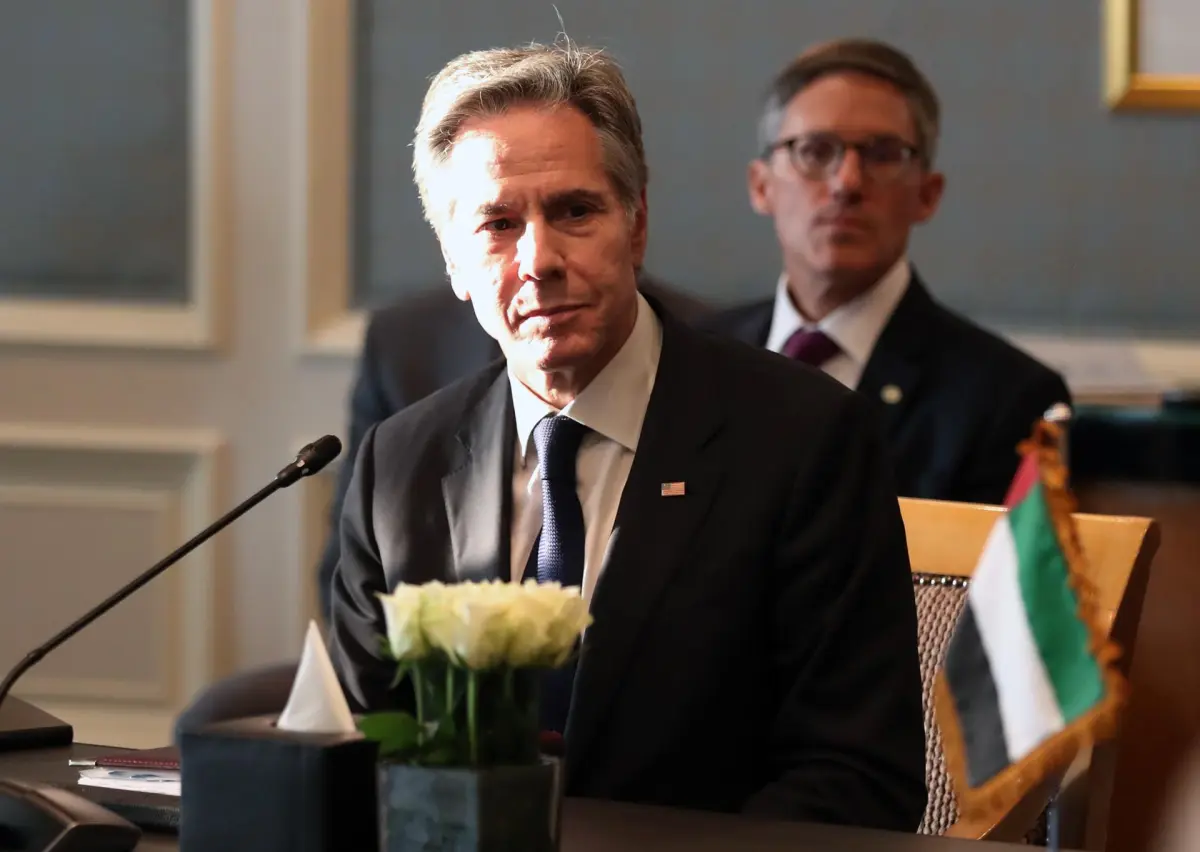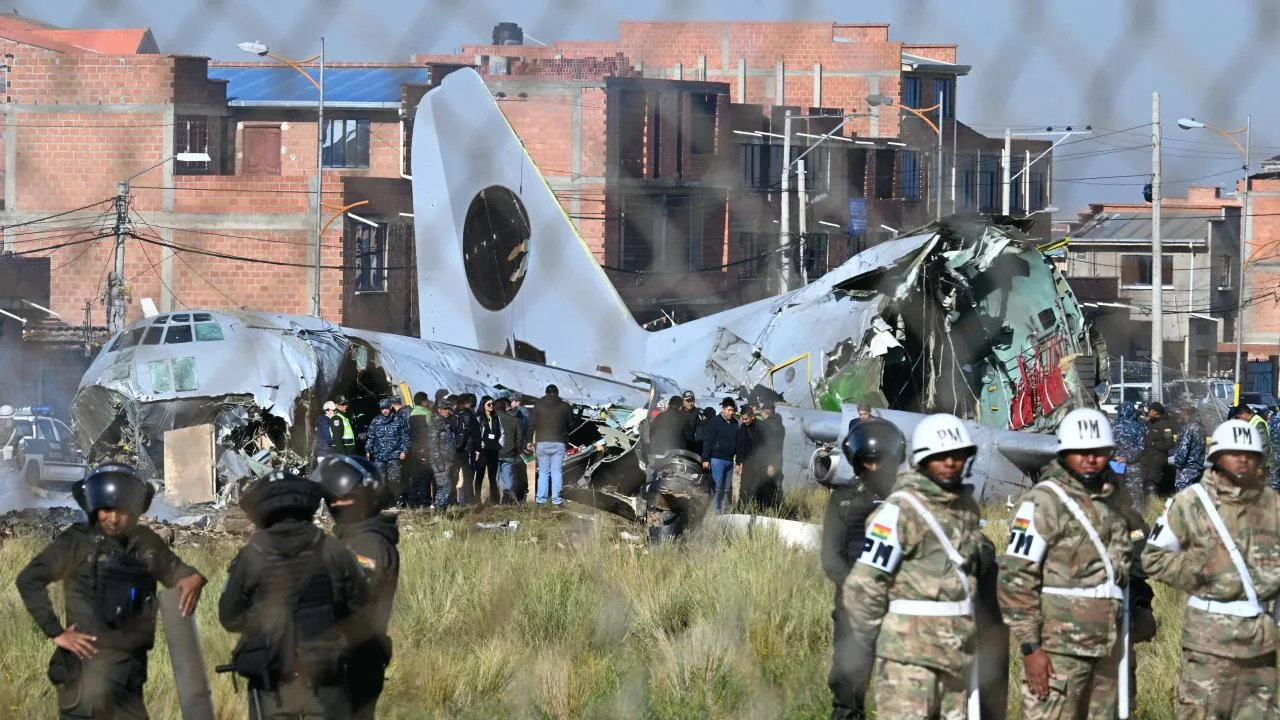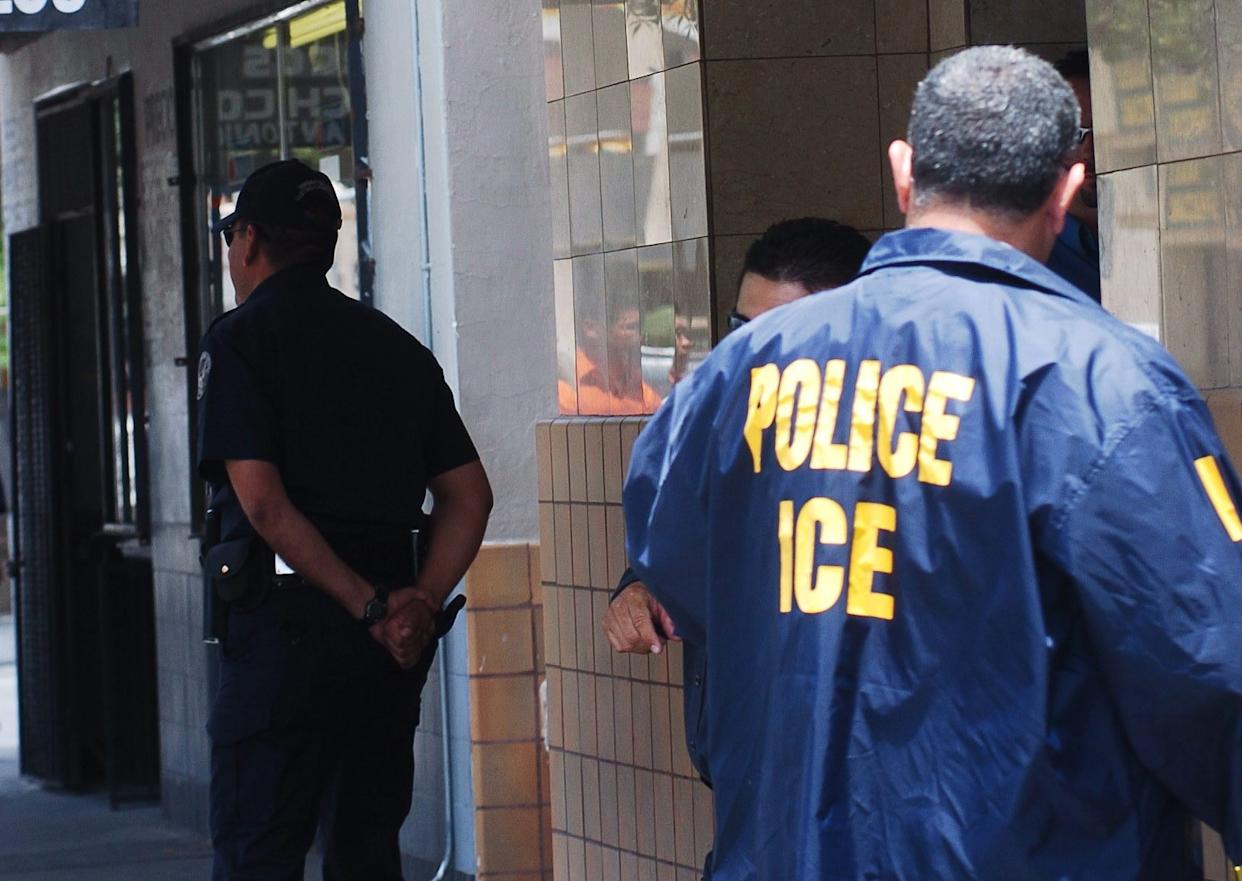International
Antony Blinken says that the US continues to press and sees it “possible” to achieve a ceasefire in Gaza

US Secretary of State, Antony Blinken, said in Cairo that the United States continues to pressure the parties involved to reach a ceasefire in Gaza in the negotiations that will follow this week in Doha, an agreement that he sees as “possible.”
“The differences are narrowing and we continue to push for an agreement in Doha. There is still hard work to be done, but I still think it is possible,” Blinken said at a press conference along with the Egyptian Foreign Minister, Sameh Shukri, after a meeting with his counterparts in Saudi Arabia, Qatar, the United Arab Emirates, Jordan and the head of the Palestinian Authority.
To reinforce his commitment to this truce, the head of American diplomacy reiterated that the United States will present a resolution to the United Nations Security Council in which for the first time it will specifically request an “immediate ceasefire” in Gaza, after having opposed three resolutions from other countries that requested it.
“I hope that all countries support this resolution,” said Blinken, who urged to increase and expedite the entry of humanitarian aid into the Gaza Strip to avoid a crisis of serious proportions.
“Children should not die of malnutrition in Gaza or anywhere else because of these circumstances. 100% of the population in Gaza is experiencing severe levels of food insecurity. We can’t allow this. We must not allow this to happen,” he said emphatically.
In this sense, he stressed the importance of strengthening the delivery of humanitarian aid by land, sea and air, while showing his rejection of an Israeli land operation in the Palestinian town of Rafah, where more than one and a half million displaced Palestinians live overcrowded.
In his speech, Blinken again defended the creation of an independent Palestinian State with security guarantees for Israel with the aim of avoiding a new war like the current one and achieving peace in the region, with the Israeli state integrated with its neighbors.
The Egyptian Foreign Minister pointed out that it is necessary to “develop processes to implement these objectives in a new phase of political perspective through the two-state solution.”
“We have to address the current circumstances to break with the circle of violence that has marked numerous generations with blood and thirst for revenge,” Shukri added.
After reaching these assessments after the meeting with the six Arab countries, the US Secretary of State will travel to Israel this Friday to continue the round of talks that could culminate in integral peace in the region.
International
Bolivia Orders Three Investigations Into Deadly Military Plane Crash

Bolivia’s Defense Minister Marcelo Salinas announced Monday that three separate investigations will be conducted into Friday’s crash of a military cargo aircraft at El Alto International Airport, near La Paz, which left at least 22 people dead.
The Hercules aircraft, operated by the Fuerza Aérea Boliviana (FAB), was transporting cash intended for the Central Bank of Bolivia when it overshot the runway after landing from the city of Santa Cruz. The plane reportedly traveled nearly one kilometer beyond the airport perimeter.
The incident sparked chaotic scenes, with individuals attempting to collect scattered banknotes. Authorities detained 51 people in the aftermath, and the government declared three days of national mourning.
Multiple Investigations Underway
The first inquiry is being led by a military board from the Bolivian Air Force, which has already taken custody of the aircraft’s black box for analysis.
Minister Salinas said two additional investigations will follow — one conducted by the insurance company and another by the aircraft’s manufacturer.
“At least two more investigations will come, that of the insurance company and that of the aircraft manufacturer,” Salinas said during a press conference in Santa Cruz.
He cautioned that the investigative process could take between three and six months, noting that the black box cannot be opened in Bolivia due to the lack of specialized laboratories for analysis.
Awaiting Official Findings
Salinas stressed that the FAB investigative board is the highest authority in the case and urged the public to wait for its conclusions to avoid speculation about the causes of the crash.
He also confirmed that the government has contacted the families of the 22 victims and the 37 injured, as well as the owners of 15 damaged vehicles, to coordinate procedures with the insurer and cover the corresponding expenses.
International
Mexico Calls for Immediate Probe After National Dies in ICE Custody

Mexico’s Secretaría de Relaciones Exteriores (SRE) on Monday called on U.S. authorities to conduct an “immediate and thorough” investigation into the death of a Mexican national while in custody of U.S. Immigration and Customs Enforcement (ICE) at a processing facility in California.
In a statement, the Mexican government described the death as “regrettable” and urged U.S. officials to clarify the circumstances surrounding the case in order to “determine responsibilities and ensure that such events do not happen again.”
Death at Adelanto Processing Center
According to available information, the Mexican citizen died at the Adelanto Processing Center in California while under ICE custody. Authorities have not yet released the individual’s identity or the cause of death.
Following the incident, Mexico’s Foreign Ministry formally requested “detailed information” from U.S. authorities, including the detainee’s medical records and custody reports.
Consular Assistance Activated
The Mexican Consulate in San Bernardino, California, has activated consular assistance protocols to provide ongoing support to the deceased’s family. Officials have contacted relatives to express condolences and offer legal guidance, as well as assistance with the necessary procedures to repatriate the remains.
“The handling of situations like this and the establishment of mechanisms to resolve them are priorities for the Government of Mexico,” the Foreign Ministry said, adding that it will formally request an investigation into any systemic conditions that may have contributed to such incidents.
Local Mexican media reported that seven Mexican nationals died while in ICE detention last year — the highest number recorded since the agency was created.
International
Anti-ICE Billboard Campaign Targets Immigration Spending in 31 U.S. Cities

More than 200 billboards criticizing U.S. Immigration and Customs Enforcement (ICE) began appearing Monday in 31 cities across the United States, including Miami, as part of a campaign highlighting the high cost of immigration enforcement operations for taxpayers.
The initiative, titled “ICE Costs Us,” was launched by the civil rights organization Mijente and will run for four weeks.
Criticism of Spending and Enforcement Tactics
The billboards feature images of ICE agents during arrests or carrying military-style weapons. According to the organization, spending on military-grade equipment for the agency has increased by 600 percent in recent years.
Several signs display messages such as:
“Your taxes are being wasted” and “ICE’s cruelty costs you $28 billion,” referring to the agency’s annual budget.
In a statement, Marisa Franco, co-founder of the Mijente Support Committee, said:
“For too long, our government has prioritized building cages and investing billions in an immigration enforcement apparatus that has left families torn apart and communities terrified.”
She added that “Millions of Americans are living paycheck to paycheck, yet this violent agency continues operating with a blank check. These decisions do not make us safer nor improve our economic security. Our billboards highlight these choices and demand a different path.”
Budget Debate and Medicaid Comparison
The campaign also draws a comparison between ICE’s funding and the estimated 17 million people who could lose health coverage under Medicaid due to federal budget cuts under President Donald Trump.
Other billboard messages seen in various cities include:
“They get billions to beat us; we get layoffs and rising rents” and “Funding ICE is a fast track to fascism.”
Organizers say the goal is to spark public debate about the allocation of federal funds for immigration enforcement and the broader economic and social impact of such policies on communities nationwide.
-

 International3 days ago
International3 days agoTrump Floats “Friendly Takeover” of Cuba Amid Rising Tensions
-

 Sin categoría2 days ago
Sin categoría2 days agoTrump: ‘We Think It’s True’ Amid Claims Iran’s Supreme Leader Was Killed
-

 International2 days ago
International2 days agoSecurity Council to Hold Emergency Meeting on Middle East Crisis
-

 International4 days ago
International4 days agoCocaine Production Surges 34% in 2023 as Market Expands into Africa and Asia
-

 International4 days ago
International4 days agoFederal Judge Blocks Trump Policy Allowing Deportations to Third Countries
-

 International3 days ago
International3 days agoArgentina’s Senate Reviews Milei-Backed Labor Overhaul
-

 International1 day ago
International1 day agoPope Leo XIV Urges End to ‘Spiral of Violence’ in Middle East
-

 International1 day ago
International1 day agoIran Reports 201 Dead, 747 Injured After U.S. and Israeli Strikes
-

 International6 hours ago
International6 hours agoBrazil’s Supreme Court Rejects Bolsonaro’s Bid for House Arrest
-

 International4 days ago
International4 days agoClinton Accuses Republican Committee of Using Epstein Case to Shield Trump
-

 International6 hours ago
International6 hours agoTrump Warns of ‘Major Wave’ of Attacks as Iran Conflict Escalates
-

 International6 hours ago
International6 hours agoAnti-ICE Billboard Campaign Targets Immigration Spending in 31 U.S. Cities
-

 International6 hours ago
International6 hours agoMexico Calls for Immediate Probe After National Dies in ICE Custody
-

 International6 hours ago
International6 hours agoBolivia Orders Three Investigations Into Deadly Military Plane Crash
-

 Central America6 hours ago
Central America6 hours agoPanama Canal Monitoring Trade as Middle East Conflict Disrupts Shipping




























